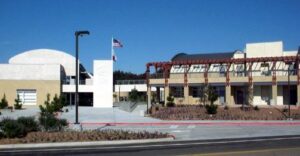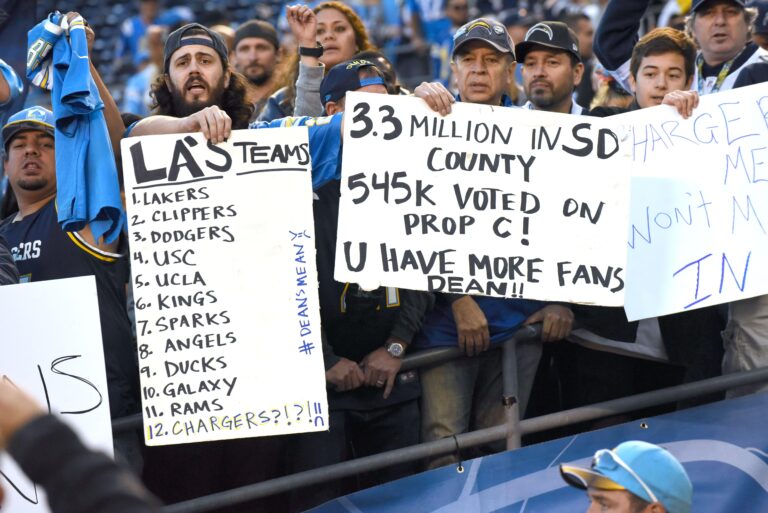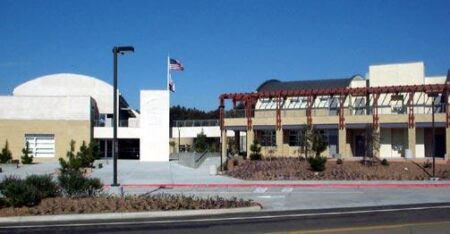The National Football League’s San Diego Chargers have officially announced their relocation to Los Angeles, marking a significant shift for the franchise and its loyal fan base. The move, confirmed Monday, ends the team’s 56-year tenure in San Diego and positions the Chargers alongside the Rams as the NFL’s representatives in the nation’s second-largest city. This major development signals not only a new chapter for the Chargers but also reshapes the football landscape in Southern California.
San Diego Chargers Confirm Relocation to Los Angeles Market Impact and Fan Reactions
The Chargers’ decision to relocate to Los Angeles has sent shockwaves through the NFL and its fan base. The move promises to reshape the team‚Äôs market dynamics significantly, positioning the Chargers alongside the Los Angeles Rams as the city’s NFL representatives. This strategic shift aims to capitalize on the vast Southern California market, boosting revenue through larger sponsorship deals, expanded media coverage, and increased ticket sales. However, the transition also presents logistical challenges including stadium logistics and the establishment of a new fan identity in a saturated sports market.
Fan reactions have been mixed, with longtime San Diego supporters expressing deep disappointment and a sense of loss, while others are cautiously optimistic about the opportunities the Los Angeles market offers. The following points summarize the primary responses:
- San Diego loyalists: Feel betrayed, concerned over losing local pride and the community connection.
- Los Angeles fans: Are curious but reserved, balancing excitement with skepticism about team culture.
- Sports analysts: Predict a fierce competition for attention among LA’s franchises, with potential for high rewards and risks.
| Impact Area | Potential Benefit | Major Concern |
|---|---|---|
| Revenue | Increased sponsorship & ticket sales | Intense market competition |
| Fan Base | Expanded regional presence | Loss of San Diego core fans |
| Team Identity | New branding opportunities | Risk of alienating traditional fans |
Financial Implications for the Franchise and Local Economies
The move by the NFL’s San Diego Chargers to Los Angeles carries significant financial repercussions not only for the franchise but also for the affected local economies. The franchise is expected to tap into a much larger media market and sponsorship base in Los Angeles, potentially increasing annual revenue by up to 30%. This pivot allows greater access to lucrative partnerships, enhanced ticket sales, and a stronger merchandise market that could stabilize the team’s financial outlook for years.
Conversely, San Diego faces economic setbacks as local businesses intertwined with the Chargers’ game-day economy anticipate losses. Restaurants, hotels, and retail stores that depend heavily on game attendance will see reduced foot traffic and sales. The following table illustrates a projected economic impact comparison:
| Economic Indicator | San Diego (Annual Loss) | Los Angeles (Annual Gain) |
|---|---|---|
| Game-Day Revenue | $40M | $65M |
| Local Employment | ~500 Jobs Lost | ~800 Jobs Created |
| Merchandise Sales | $12M | $22M |
- San Diego: Potential decline in tax revenue and reduced stadium-related activity.
- Los Angeles: Boost in commercial development and increased tourism aligned with the Chargers’ relocation.
Stadium Plans and Infrastructure Challenges in Los Angeles
The Chargers’ transition to Los Angeles brings with it a critical focus on securing a state-of-the-art stadium that meets both NFL standards and local expectations. City officials and team executives are navigating a maze of logistical hurdles, from zoning approvals to environmental impact assessments, as they propose redevelopment plans around the existing infrastructure. Key areas under consideration include updating transit links, expanding parking facilities, and creating fan-friendly zones to handle tens of thousands of visitors on game days. Challenges like traffic congestion and neighborhood pushback underscore the complexity of integrating a high-capacity venue into an already dense urban landscape.
Among the proposals on the table, the most ambitious involves a multi-use facility designed to host not only football games but concerts and community events year-round. Below is a snapshot of the main stadium infrastructure components under discussion:
- Seating Capacity: 70,000 – 75,000
- Parking Spaces: 10,000+
- Public Transit Access: Dedicated shuttle services and expanded metro lines
- Green Initiatives: Solar panels, water recycling systems
- Technology: High-speed Wi-Fi, interactive fan zones
| Infrastructure Element | Current Status | Projected Completion |
|---|---|---|
| Stadium Design Approval | Pending City Council | Q4 2024 |
| Transit Expansion Plans | Under Review | Mid 2025 |
| Parking Facility Upgrades | Conceptual Stage | End 2025 |
Recommendations for Maintaining Team Identity and Engaging New Fans
To ensure a seamless transition while preserving the legacy of the Chargers, maintaining core elements of the team’s identity is essential. This includes retaining the iconic lightning bolt logo and striking navy blue and gold colors, which resonate deeply with long-time supporters. Team leadership should actively engage with former San Diego fans through dedicated events, social media campaigns, and special ticket offers. These efforts not only honor the past but also help build a bridge that respects the emotional connection fans have with the franchise.
Simultaneously, tapping into Los Angeles’ diverse urban culture offers a unique opportunity to cultivate a dynamic new fan base. Strategies like collaborating with local artists, hosting community outreach programs, and celebrating confluence through themed game nights are highly effective. Below is a snapshot of potential engagement tactics that could drive fan loyalty in the new market:
| Engagement Strategy | Description |
|---|---|
| Local Partnerships | Collaborate with LA businesses to create exclusive fan experiences |
| Interactive Social Media | Launch contests and live Q&A sessions with players |
| Community Clinics | Host football workshops for youth in Los Angeles neighborhoods |
| Themed Game Days | Celebrate LA’s cultural diversity with special events |
To Conclude
The San Diego Chargers’ relocation to Los Angeles marks a significant shift in the NFL landscape, ending over half a century of football history in San Diego. As the team begins a new chapter in a larger market, fans and the league alike will watch closely to see how the move impacts the Chargers’ identity and performance. The Fayetteville Observer will continue to provide updates on this developing story and its effects on both cities and their fanbases.







